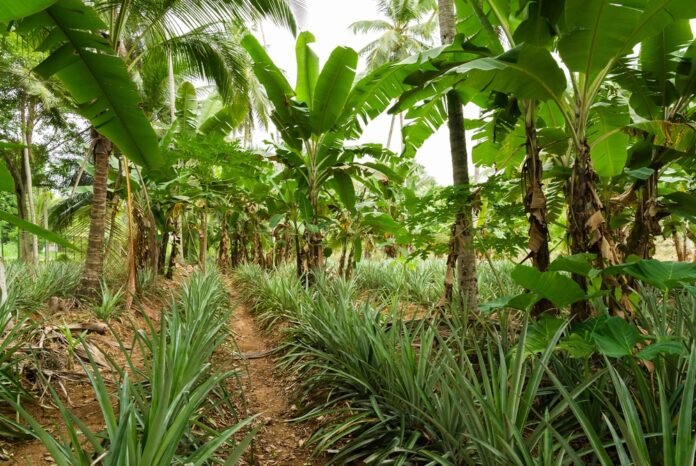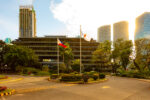The Department of Agriculture on Wednesday says the country’s farm exporters can now move forward with confidence after the United States confirmed that major agricultural exports—particularly tropical fruits such as bananas, pineapples, and coconut products—will remain exempt from U.S. tariffs. Agriculture Secretary Francisco Tiu Laurel Jr. explained that the previous uncertainty over a possible 19 percent tariff had stalled investment and expansion plans. With the issue now settled, producers can resume planting, planning, and investing for export growth.
According to the Office of the Special Assistant to the President for Investment and Economic Affairs, about $1 billion worth of Philippine agricultural exports stand to benefit from the exemption. This development strengthens the country’s overall export position, especially when paired with earlier U.S. tariff relief for semiconductors, which account for $2.5 to $3 billion in annual shipments.
The tariff clarity is expected to revive confidence among growers, encourage new investments in fruit and coconut industries, and support jobs and incomes in rural areas. It also improves the competitiveness of Philippine agricultural goods in the U.S. market at a time of challenging global demand.
However, industry group SINAG has urged the government to explain whether concessions were made to the U.S. in exchange for the tariff relief, including concerns that American meat and soy exporters have long pushed for lower Philippine import tariffs. The group also pointed out that the U.S. tariff suspension is not exclusive to the Philippines and was primarily introduced to ease inflation pressures in the American market.
SINAG warned that the Philippines continues to face a $1.95-billion agricultural trade deficit with the U.S., a gap that could widen given reduced local tariffs on pork, chicken, and corn. It added that, unlike other countries that have secured reductions in their “reciprocal tariffs,” the Philippines has yet to obtain similar long-term concessions.
Overall, the U.S. tariff exemption provides timely relief and renewed momentum for Philippine agricultural exports. Still, sustaining long-term gains will require negotiating more durable trade terms and managing the influx of imports that could further strain the country’s agricultural trade balance.







